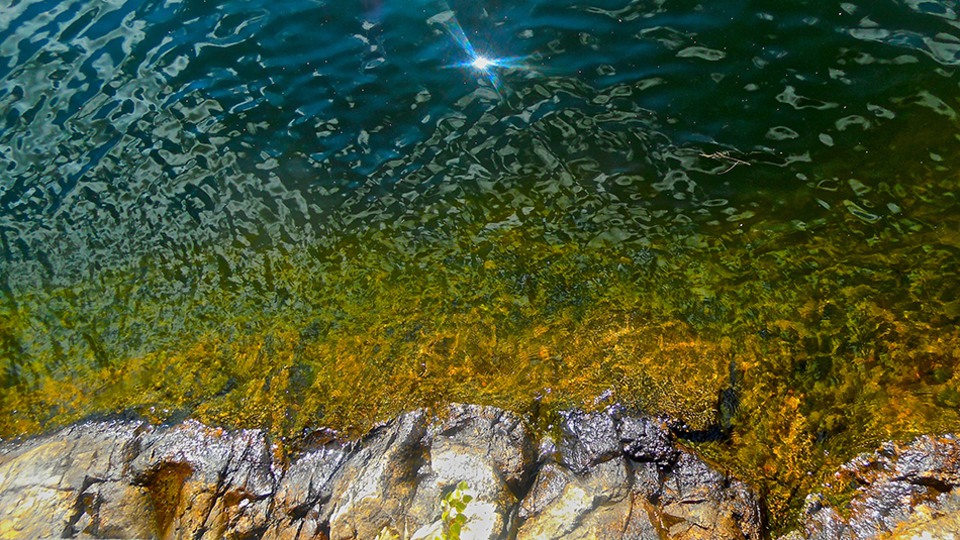
Development of PAK-MBR for purification of micro-pollutants
A PAK-MBR pilot plant consisting of two parallel treatment lines is being built at the Hammarby Sjöstadsverk research facility. It will enable comparative studies between PAK-MBR and a system with standard MBR. The technique is based on a dosage of powdered activated carbon (PAH) in the MBR process. The pilot is based on a feasibility study carried out by IVL Swedish Environmental Institute and which showed that this combination can have advantages compared to other purification techniques for removing micro-pollutants.
The PAK-MBR process means that in addition to drug residues, other contaminants could also be removed simultaneously, such as PFAS / PFOS, heavy metals, etc. The PAK-MBR combination would provide an extremely compact and complete purification solution and complement the MBR technology with an integrated advanced purification for micro-contaminants. This could result in more VA organizations investigating future technologies for their facilities being able to choose the MBR technology.
The PAK-MBR technology transfers all micro-contaminants to the sludge so that sludge spreading should be avoided in order not to spread environmental toxins. Considering that treatment plants already today transfer almost 100 percent of microplastics and large parts of other micro-pollutants incl. heavy metals to sewage sludge, however, the PAK-MBR technology can be considered a consistent completion of the principle and a direct sludge return to soil will not be accepted due to. other aspects in any case. The combination of technologies would provide a water quality that is directly suitable for several water recycling opportunities, which would provide better conditions for circular water systems that today's society strives for.
The pilot will be used for many different studies in the future to achieve a further development of the technology for an even more resource-efficient treatment and reduced environmental impact of the treatment itself. The project collaborates with other IVL activities that have already resulted in significant energy and chemical needs as well as the development of waste-based biochar. All these aspects would provide an expected better resource efficiency and a smaller investment need as well as operating costs.
Project facts
- Development of PAK-MBR as a compact and resource-efficient technology for purification of micro-pollutants
- Budget: >2 Mkr
- Partners: Syvab
- Period: 2017 - 2024
Contact
Want to know more about IVL's services and offers? Enter your email address and choose which area you want to know more about, and we will get back to you.
NOTE! For questions about vacancies and thesis work, go to the Careers
tab in the main menu.
